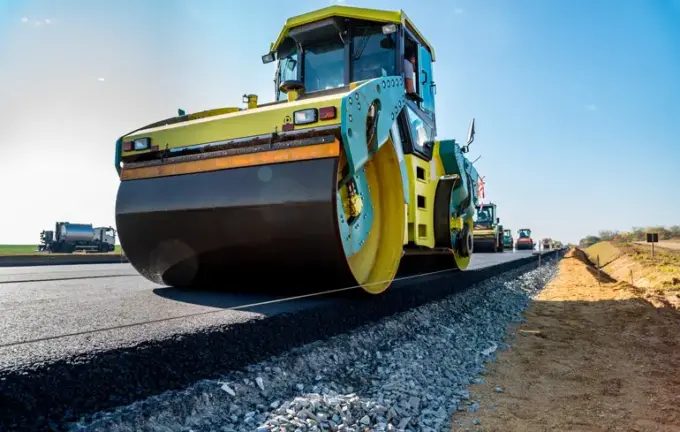Graphene-Enhanced Asphalt: The Future of Durable and Long-Lasting Roads

In the United Kingdom, a groundbreaking three-year research project has culminated in the development of a new type of road surface incorporating graphene—a remarkably strong and thin carbon-based material.
The experiments, carried out in Essex near London, demonstrated that the modified asphalt called Gipave, infused with graphene fibers, exhibits significantly enhanced durability and water resistance compared to traditional asphalt.
A test stretch of road was constructed with two lanes—one paved with Gipave and the other with conventional asphalt—and subjected to continuous traffic loads from cars and trucks over three years, under various weather conditions.
Laboratory analysis of the samples revealed that the graphene-enhanced asphalt was 10% stiffer and 20% more water-resistant.
Engineers observed that during cracking, the stone aggregate fractured, while the bitumen binder remained intact, indicating that graphene considerably boosts the strength of the material.
This advancement opens the possibility of making roads safer and more resilient, potentially reducing maintenance costs and extend service life.
However, the current high production costs—approximately 30 cents per square foot—pose a challenge for large-scale deployment.
Despite this, experts suggest that even partial use of Gipave for repairing potholes or reinforcing heavily trafficked sections could prove cost-effective in the long run.
Graphene, a two-dimensional atomic structure of carbon atoms, is hundreds of times stronger than steel and already finds applications in battery technology, semiconductors, and advanced materials, highlighting its vast potential for infrastructural innovations.
The Gipave project, launched in 2022, involved layering 165 tons of the new material on a road segment to test its ability to withstand heavy loads and temperature variations over multiple seasons.
Given that highway maintenance costs in the US exceeded $206 billion in 2021, with vehicle damage costs amounting to around $26.5 billion annually, integrating such innovative materials could significantly impact infrastructure resilience in many countries, including Ukraine, where about 12.5 billion hryvnias are allocated for road repairs in 2025.
Although cost remains a notable obstacle, experts anticipate that targeted application of graphene-infused asphalt could considerably reduce long-term repair expenses and improve road quality worldwide.

